Common Water Heater Myths Debunked
Our informative guide on common water heater myths in Concord can help you distinguish fact from fiction. As a homeowner, you may have come across some of these myths before. Gain valuable insights by checking out our guide and find out about some surprising revelations.

Myth #1: They last forever
Water heaters do not last forever, as many believe. Their lifespan can vary depending on factors such as usage, maintenance, and quality, but they typically last between 8 to 12 years. It is crucial to replace an old water heater early on to prevent costly repairs and water damage to your home. Don't wait until it's too late - consider replacement options as soon as you spot signs of an aging unit.


Myth #2: All water heaters are the same
Water heaters aren't all created equally! Like other appliances, they come in a range of sizes, shapes, colors, and efficiencies. When deciding on a purchase, remember to factor in your hot water needs, how quickly you need it, and how much you could save. By choosing the proper water heater, you could save hundreds on energy bills. So don't believe the myth that all water heaters are the same; instead, make an informed choice that will provide hot water year-round while putting some cash back in your wallet.

Myth #3: A bigger tank means more hot water
When choosing a hot water tank, bigger doesn't necessarily mean better. Larger tanks may hold more water but not result in more hot water, ultimately leading to increased energy waste and higher bills. Instead, it is crucial to strike a balance between the tank size and demand for hot water. Choose a tank that meets your household's needs to guarantee an adequate supply of hot water while avoiding financial strain. Make an informed decision by selecting a tank based on what your family requires, not just on the tank's capacity.
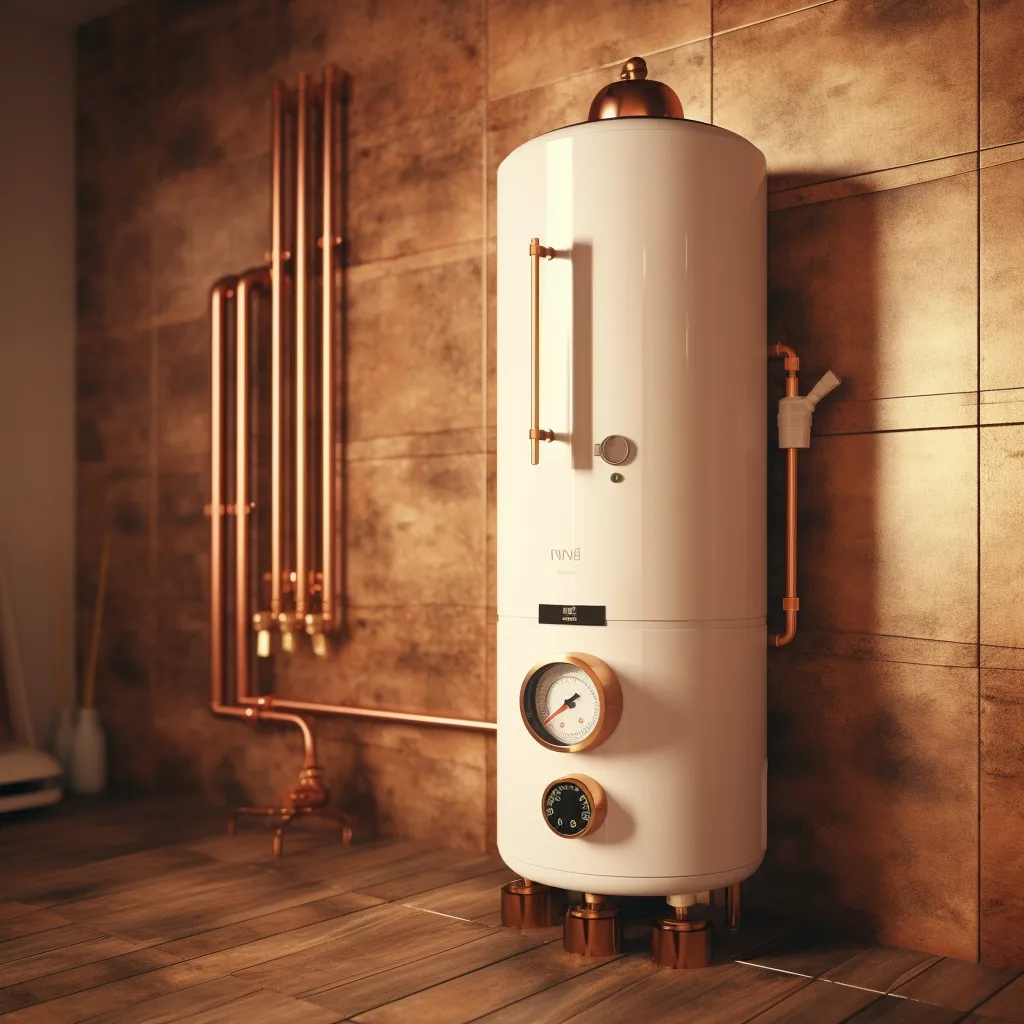

Myth #4: You can repair or replace a hot water heater yourself
If your hot water heater has issues, it's crucial to have it repaired immediately. But, fixing it yourself can cause further problems or even injuries. It's best to consult professional water heater repair technicians who possess the expertise and knowledge to solve any issues efficiently. By relying on experts, you can avoid additional repair expenses and feel at ease.

Myth #5: Your water heater doesn't need to be flushed
Flushing your water heater is essential for sustaining its performance and durability. Despite the misconception that it is unimportant, sediment in the tank can gradually accumulate and impair its operation. Regular flushing effectively prevents sediment buildup, keeping the heater running efficiently, saving you money, and guaranteeing an uninterrupted supply of hot water. So, prioritize flushing your water heater for improved longevity.

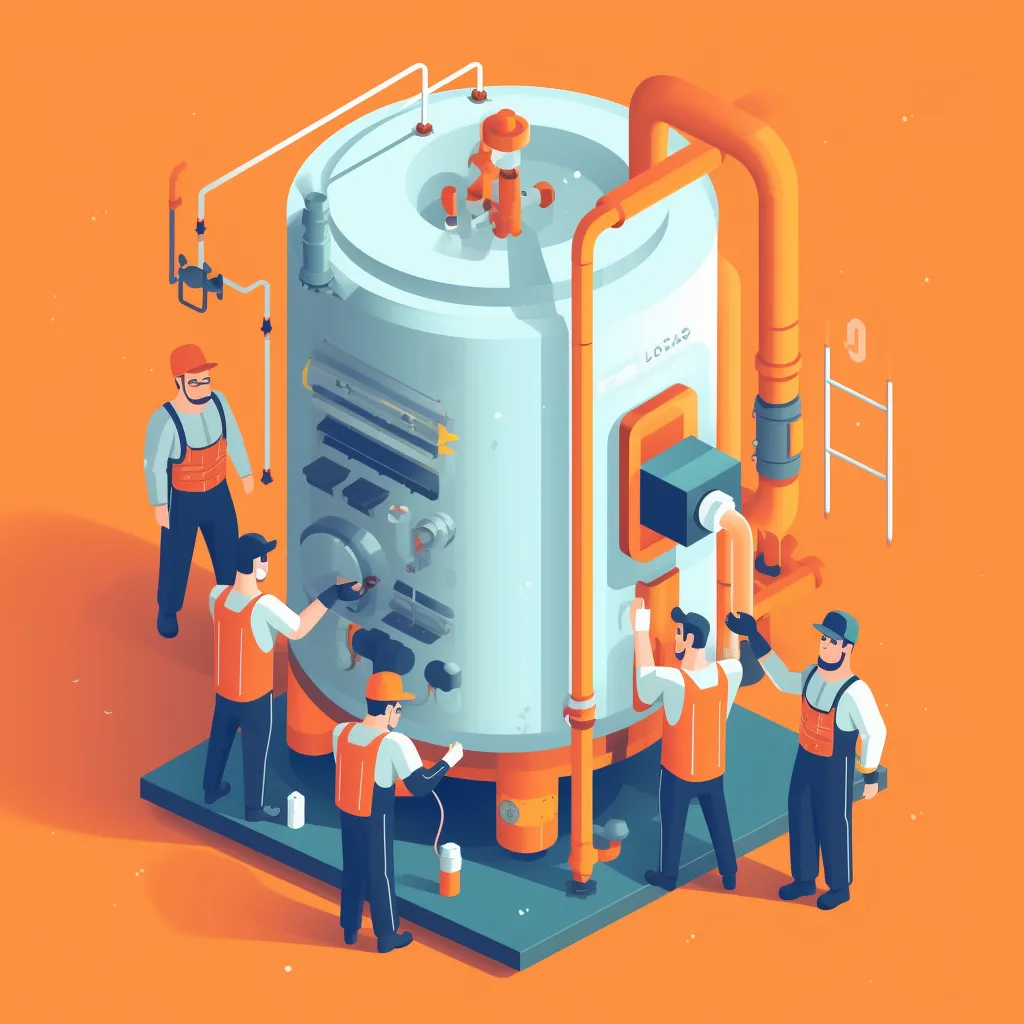
Myth #6: Keeping an outdated water heater saves money
It is a misconception that retaining an outdated hot water heater saves money, as it can increase energy bills. Older heaters are less efficient and susceptible to requiring costly repairs, and the total expense of maintaining them surpasses that of purchasing new, updated models. Replacing your antique hot water heater with a reliable, energy-efficient one is an informed investment that can improve energy efficiency while lowering your expenses.
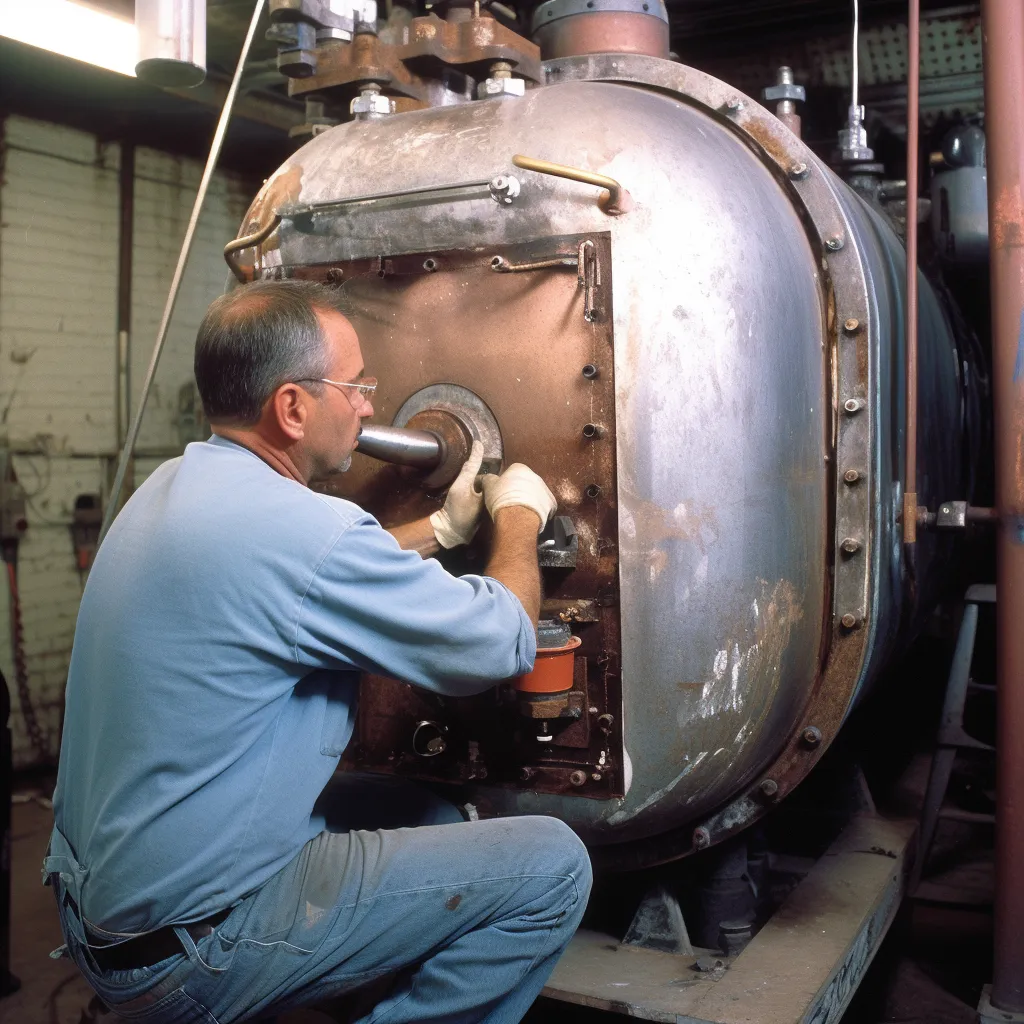
Myth #7: A bigger water tank is more energy efficient
To save on energy bills for your water heater, many believe that buying a larger tank is the solution. However, this is not always true. With poor maintenance or insulation, a bigger tank consumes more energy and costs more in the long run. To reduce energy consumption, it is important to choose the right size tank that caters to your individual needs. Avoid buying a larger tank when only a small amount of hot water is used daily, as it is inefficient and consumes more energy. Proper maintenance of the tank is crucial in reducing energy costs without upgrading to a larger tank.

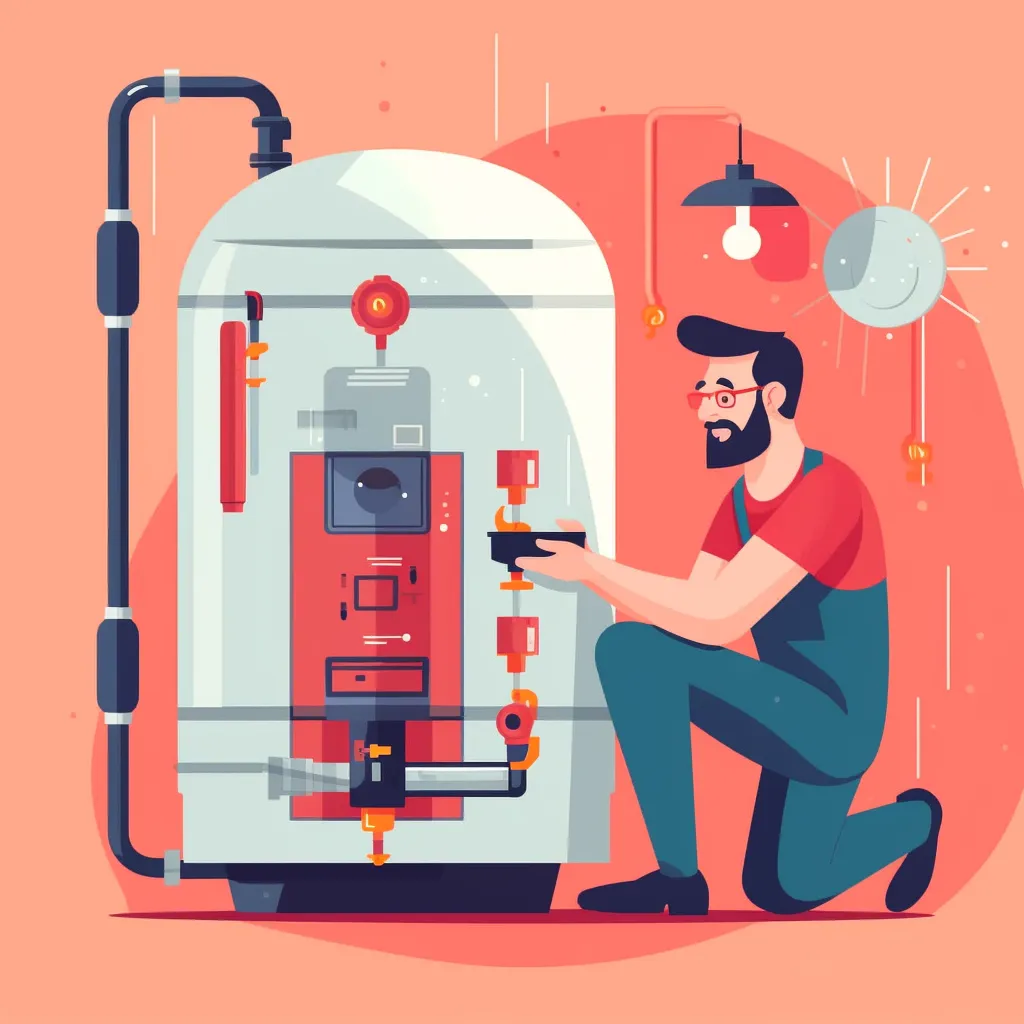
Myth # 8: Cranking up the water temperature is a good idea
Increasing water temperature may seem appealing, but it poses significant risks worth considering. Severe burns are more likely to occur, particularly among children and older adults. Additionally, piping and gadget issues caused by a buildup of minerals can be costly to resolve. Moreover, higher temperatures require more energy consumption, resulting in increased utility bills. Before raising the hot water temperature, think twice.
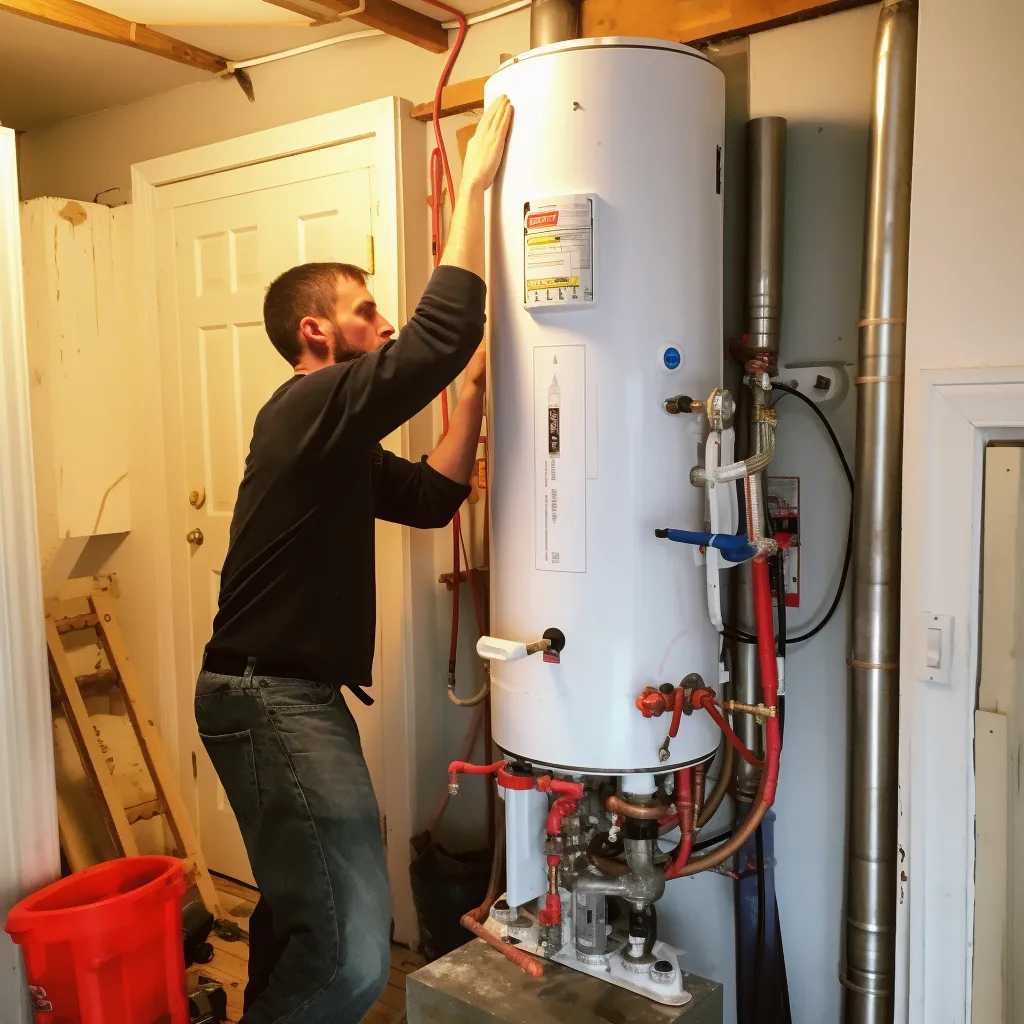
Myth #9: Setting your water heater to the highest temperature
is the way to go
It's a common misconception that setting your water heater to the highest temperature will provide hot water faster. However, this not only wastes energy but poses a safety risk as it can result in severe burns. The majority of households only need to set their water heater to approximately 120 degrees Fahrenheit to efficiently access hot water, leading to reduced utility bills, while ensuring your safety. Remember, it's important to find a balance between temperature and safety, as higher heat doesn't guarantee superior performance.
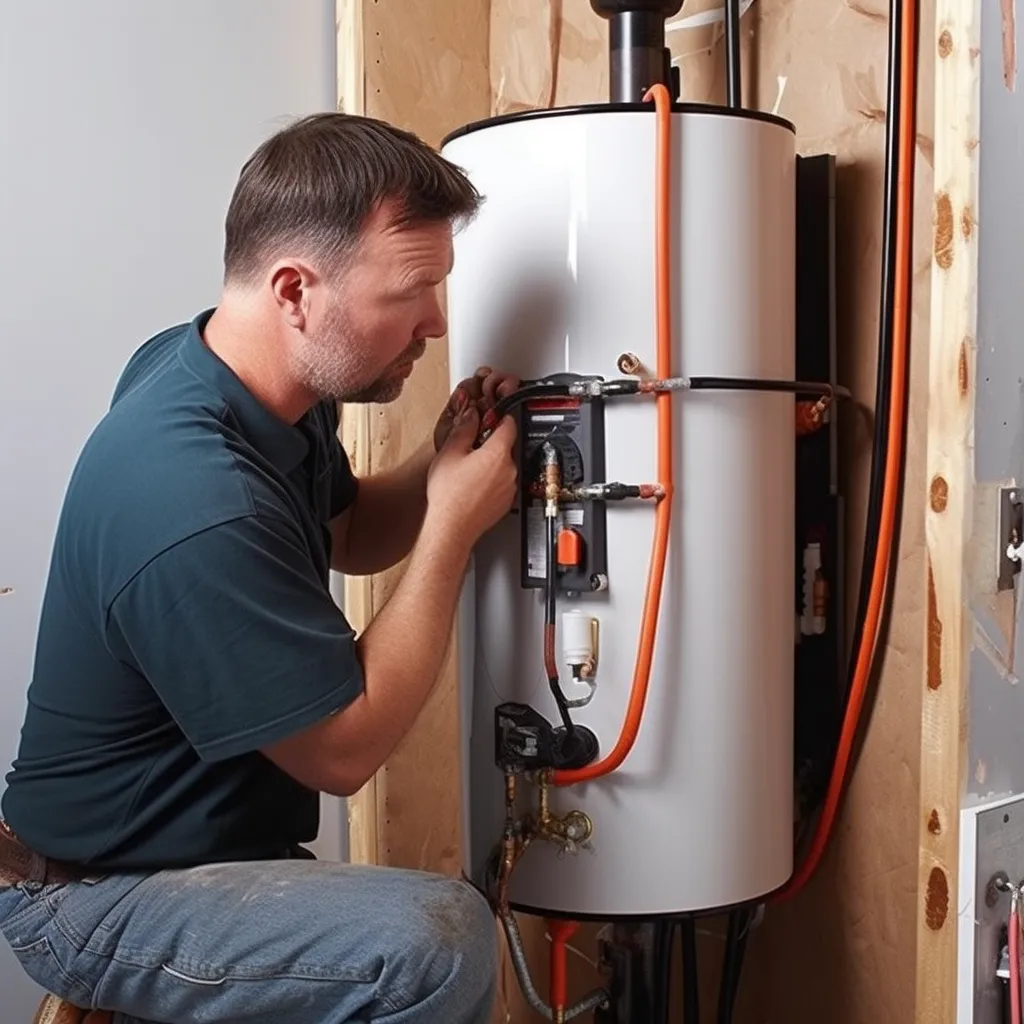
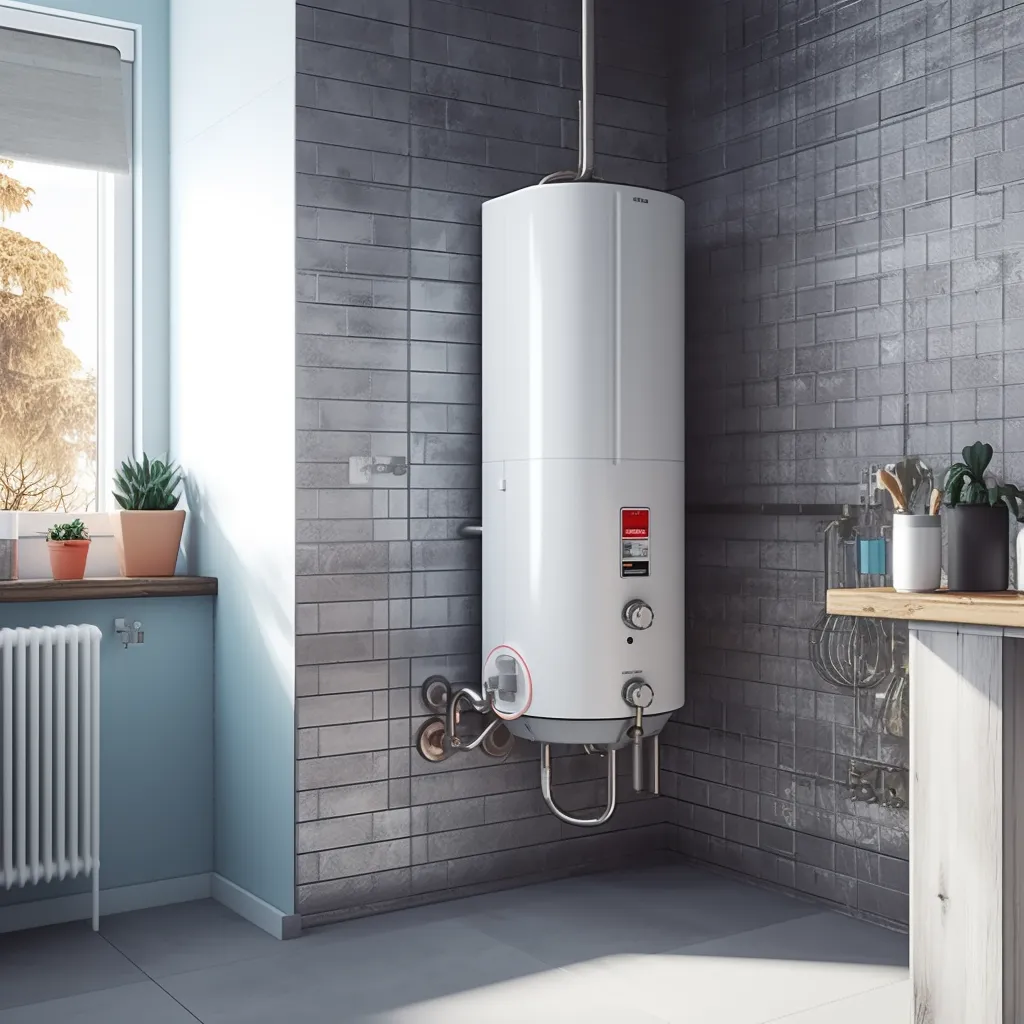
Myth #10: Your water heater wastes energy
Water heaters have a reputation for being inefficient. However, modern models have advanced technology and features that distinguish them from older ones. Tankless heaters are an example: they heat water exclusively when there is a demand for it, saving energy compared to traditional models that constantly maintain heat in a tank. Moreover, some models have insulation to prevent heat loss and timers to heat water only when necessary. To optimize energy use, be mindful of how you use your water heater and choose the right model.

Myth #11: You don't need to regularly maintain
a water heater
It is crucial to regularly maintain your water heater to ensure it operates effectively. Neglecting routine upkeep can result in a decrease in efficiency, leading to costly repairs or replacement. To keep it running smoothly, periodically check the pressure release valve, flush the tank to eliminate sediment buildup, and ensure the thermostat works correctly. Contrary to popular belief, water heaters do require regular maintenance. Prioritize proper care to avoid malfunction and guarantee your unit operates optimally year-round.

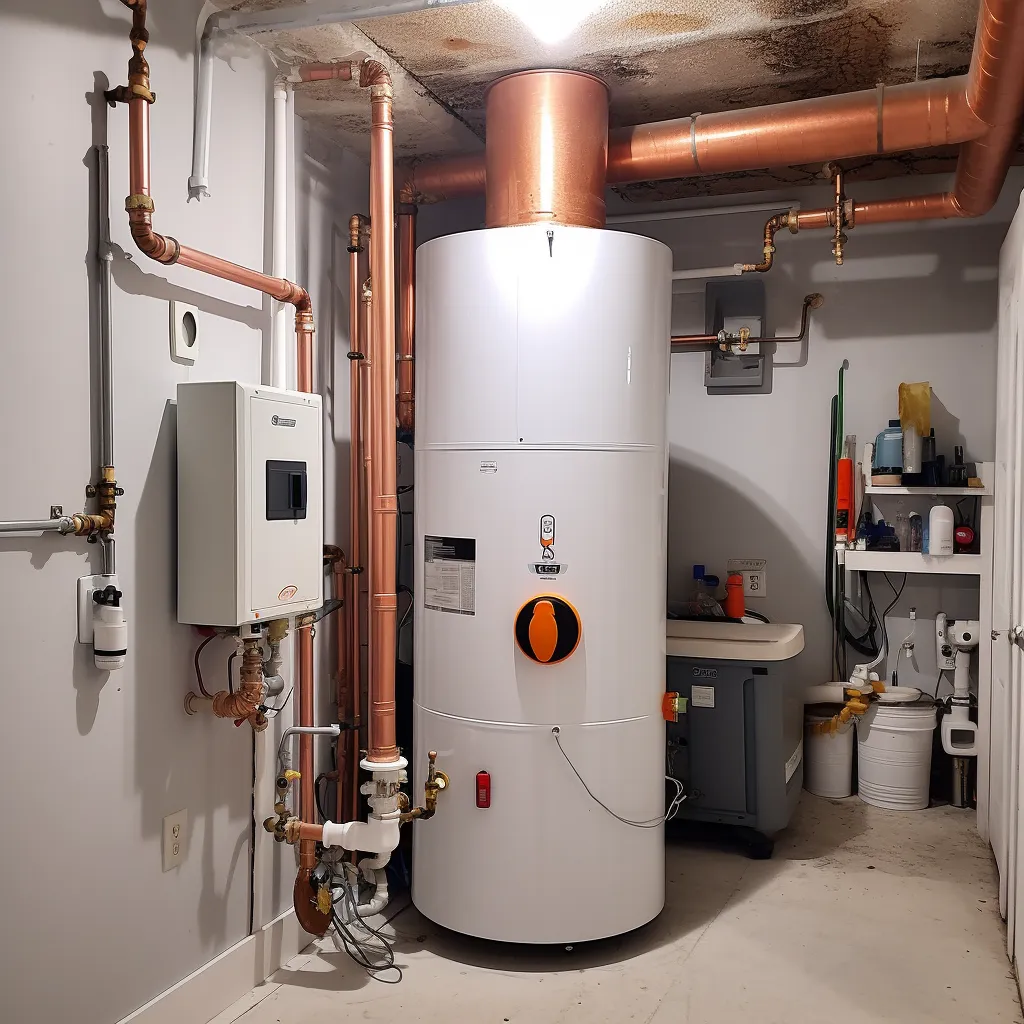
Myth #12: You can use any type of water heater in the home
Choosing the right water heater for your home is essential for energy efficiency and cost savings. It's a common misconception that any water heater will do, but several factors, such as family size, number of fixtures, and budget, are important determinants. In addition, tankless heaters differ from traditional models in requirements and function. It's crucial to consult an expert to identify the best-suited heater for your household needs. Make an informed choice for your home and enjoy the benefits of an efficient and cost-friendly water heater while debunking common myths.

Myth #13: Hard water damages your water heater
Although hard water may cause mineral buildup in pipes, it is safe to use in your water heater. Water heater manufacturers test their products with hard water to ensure durability, which means hard water doesn't cause notable damage to the appliance. Therefore, if your area has hard water, you can use it without any worries.


Myth #14: Tankless water heaters are more costly
Many Concord residents think that tankless water heaters are more costly than traditional ones. But in the long run, they're actually more energy-efficient and cost-effective. Traditional heaters continuously heat and store water, even when it's not needed, wasting energy and leading to higher expenses. On the flip side, tankless heaters only heat water when necessary, making them both eco-friendly and financially responsible. Plus, they tend to last longer and need replacing less often. In conclusion, choosing a tankless model is a wise investment for anyone looking to reap the financial and environmental rewards.
Ready to Solve Your Plumbing Needs?
For reliable, expert plumbing services tailored to the needs of Concord and its neighboring cities, look no further than EMR Plumbing and Heating. We’re here for you 24/7, ensuring that your plumbing is always in top condition.
Call us today to schedule your service!
Business Hours: Monday - Sunday, 24 Hours
Phone Number: (603) 634-8285
Location: Concord, N.H., serving all surrounding areas.
Trust your local experts at EMR Plumbing and Heating for professional, timely, and efficient plumbing solutions.
GET IN FULL TOUCH
PHONE: (603) 634-8285
EMAIL:
ryan@waterheaterconcord.com
EMR Plumbing and Heating
Concord, N.H. 03303
